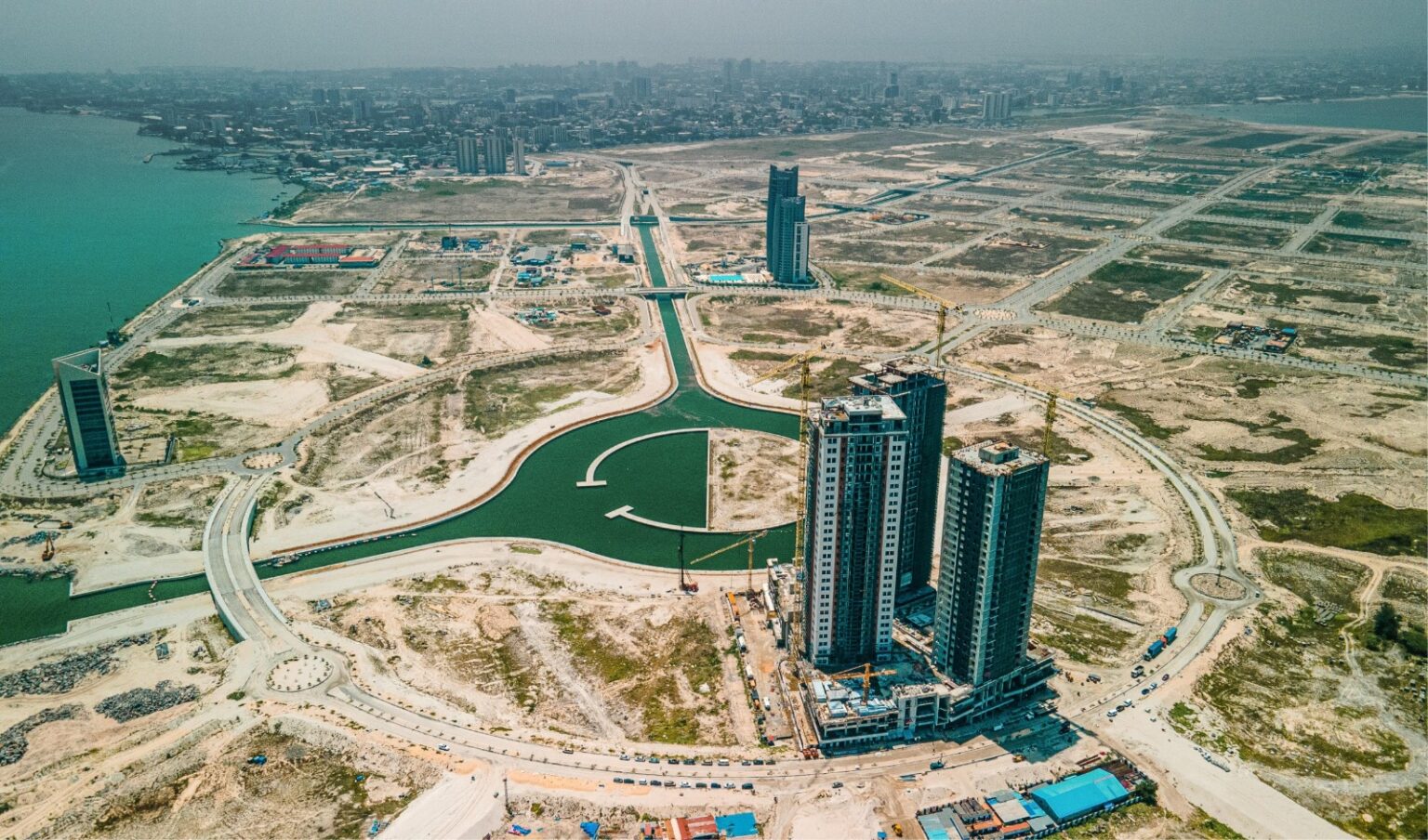The Rise of Luxury Real Estate in Lagos: Is It a Bubble or a Sustainable Trend?
Lagos, Nigeria’s bustling commercial and financial hub, has witnessed remarkable growth in its luxury real estate market over the past decade. With the city’s growing economy, increasing foreign investment, and a rising middle and upper class, demand for high-end properties has surged. From waterfront villas in Ikoyi to sprawling penthouses in Victoria Island, luxury real estate in Lagos is booming. However, a pressing question looms: Is this growth a sustainable trend, or is it merely a bubble waiting to burst?
The Emergence of Luxury Real Estate in Lagos
Lagos is home to Nigeria’s wealthiest individuals, top entrepreneurs, diplomats, and expatriates, creating a unique demand for premium housing. Over the years, developments in affluent neighborhoods like Ikoyi, Victoria Island, and Lekki Phase 1 have been nothing short of impressive. These areas have seen the rise of ultra-modern high-rise buildings, private estates, and luxury apartments offering world-class amenities.
The influx of global corporations establishing their presence in Lagos has further fueled demand for high-end residential properties. Foreign nationals, as well as affluent Nigerians, desire luxury homes equipped with state-of-the-art facilities, including private pools, fitness centers, and expansive living spaces, making the market for luxury real estate in Lagos an attractive option for investors.
What’s Driving the Demand for Luxury Real Estate?
Several factors are fueling the growth of Lagos’ luxury real estate market:
-
Economic Growth and Affluence: As Nigeria’s largest economy, Lagos continues to attract both local and foreign investments. The rising affluence of its population, particularly within the burgeoning middle and upper class, has increased the demand for luxury living.
-
Infrastructure Development: Lagos is undergoing significant infrastructure upgrades, which enhance the city’s appeal to high-net-worth individuals (HNWIs). Projects such as the Lekki Free Trade Zone, new roads, the Lekki Deep Sea Port, and the Eko Atlantic City project are designed to create a modern urban landscape, making Lagos even more attractive for luxury property developers and investors.
-
Foreign Investment: International investors are increasingly looking at Nigeria’s luxury real estate sector as a stable and profitable investment. With a growing expatriate community, Lagos has emerged as a regional hub for business, making premium residential properties highly sought after.
-
Perception of Prestige: In Lagos, owning a luxury home is not just about comfort—it’s also a status symbol. The desire to showcase wealth, exclusivity, and a high standard of living has led to an increase in the demand for luxury real estate in prime areas.
Is This Growth a Sustainable Trend?
While the growth of the luxury real estate market in Lagos is impressive, many are questioning whether it’s a bubble or a trend that will stand the test of time. To answer this, let’s examine both sides of the debate.
The Argument for Sustainability
-
Demand for Luxury Properties is on the Rise: As more multinational corporations and global entrepreneurs set up in Lagos, there will likely be sustained demand for upscale properties. The Nigerian economy, despite facing challenges, continues to attract investments in key sectors such as oil and gas, technology, and finance. As long as this trend continues, the demand for luxury real estate should remain strong.
-
Rising Middle Class: Nigeria’s middle class is growing, and with it, an increasing number of individuals are transitioning to higher earning brackets. The growth of this segment provides a steady stream of potential buyers or renters who aspire to live in luxury homes.
-
The Expanding Infrastructure: Major infrastructural projects that improve accessibility and ease of movement, such as the Eko Atlantic and the Lekki-Epe Expressway, increase the appeal of Lagos as a residential and investment destination. These projects enhance the quality of life and raise property values in nearby areas, driving long-term demand for luxury homes.
-
Strategic Location: Lagos, as the economic capital of Nigeria and a key player in West Africa, holds a strategic position that will likely ensure continued growth in the luxury real estate sector. The city’s status as a regional financial hub also ensures that high-net-worth individuals and investors will continue to see value in owning property here.
The Case for a Bubble
-
Unpredictable Economic Conditions: Nigeria’s economy is heavily dependent on oil exports, and fluctuations in global oil prices can have significant effects on the country’s economic stability. This vulnerability could lead to a slowdown in the luxury real estate market if there is an economic downturn or recession, particularly if inflation and exchange rate volatility continue to pose challenges.
-
Overdependence on a Limited Demographic: The luxury real estate market in Lagos relies heavily on a small demographic—foreign investors, expatriates, and the super-rich elite. A shift in global economic conditions, such as a recession, could result in lower demand for high-end properties. If the economy falters and purchasing power diminishes, luxury properties may become harder to sell or lease.
-
Overbuilding and Market Saturation: In some areas of Lagos, there are concerns that there may be too many luxury developments relative to demand. Overbuilding can lead to market saturation, where the supply exceeds the number of buyers or renters, potentially causing a dip in property values. Developers may find themselves struggling to sell or rent their high-end properties at competitive prices.
What Does the Future Hold?
The question of whether Lagos’ luxury real estate boom is a bubble or a sustainable trend remains complex. However, there are strong indicators that suggest the market could continue to thrive if the right conditions prevail. For investors, the key is in understanding the long-term fundamentals that drive the demand for high-end real estate: a growing economy, foreign investment, ongoing infrastructure development, and a rising middle class.
While short-term fluctuations are inevitable, the luxury real estate market in Lagos shows promising signs of resilience. A careful evaluation of market dynamics, economic conditions, and careful planning by developers and investors will determine whether this surge in high-end property demand is a passing phase or a lasting transformation.
Conclusion
The rise of luxury real estate in Lagos is undoubtedly one of the most exciting developments in the Nigerian property sector in recent years. While concerns about market saturation and the potential for an economic downturn exist, there are significant factors that support the long-term sustainability of this trend. As Lagos continues to grow as a business and economic hub in Africa, the demand for luxury properties is likely to remain strong, offering opportunities for developers and investors alike.
By staying informed about market trends, economic shifts, and infrastructural developments, those looking to capitalize on the luxury real estate boom in Lagos can make informed decisions that align with both short-term opportunities and long-term growth prospects.

